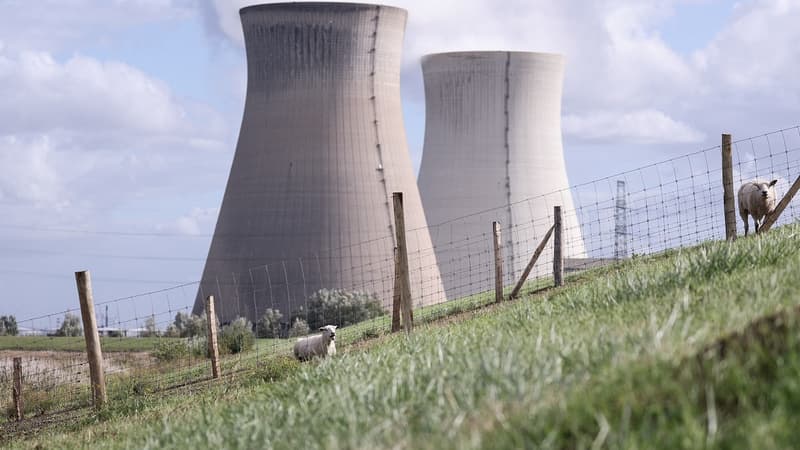The Senate approved this Tuesday in first reading, by 239 votes against 16, a bill that promotes the construction of new nuclear reactors, complemented by controversial provisions, such as the elimination of the 50% cap on the participation of nuclear energy in the electric mix. here 2035. In addition to the republicans and the centrists, the RDPI groups with a Renaissance majority and Independents and most of the RDSE group with a radical majority voted in favor of the text. The ecologists voted against, the communist-majority PS and CRCE groups abstained.
Deputies and senators will also meet on Tuesday night in a mixed commission to try to find a compromise on the first part of the government’s legislative triptych on energy, the bill to accelerate renewable energy. After these two technical texts led by the Minister of Energy Transition Agnès Pannier-Runacher, the energy programming bill is expected, at the latest in June, which should mark the trajectories of France in each energy. A calendar contested by parliamentarians, who accuse the Government of legislating in disorder. “You have to respect the public debate,” insisted the minister.
The duration limit of the initial text increases from 15 to 27 years
The text voted on Tuesday, which will be examined in March by the National Assembly, simplifies administrative procedures to promote the construction of new reactors. It is “the first stone of a great project for the reactivation of nuclear energy in France”, underlined Bernard Buis (RDPI). President Emmanuel Macron has announced plans to build six new reactors, with an option for eight more.
The bill is limited to new facilities located at or near existing nuclear sites. This for a period limited to 15 years in the initial text, increased to 27 years by the Senate. Specifically, the sites will be exempt from building permits, with compliance control guaranteed by the State. The right of expropriation will be made more flexible. Or works could even be started on buildings not intended to receive radioactive substances before closing the public investigation.
According to the Minister, these provisions “will avoid adding a period of two to three years to the construction of a reactor.” The next two EPRs should be located in Penly (Seine-Maritime), followed by another two in Gravelines (North), according to EDF plans. Agnès Pannier-Runacher has proposed the target of 2027 – “more like the end of 2027” – for “the first concrete pour” and “2035-2037” for start-up.
Review of the decree to close 12 reactors
The senators have expanded the scope of this technical text, by breaking the “locks” of the current energy programming law. In particular, they eliminated the objective of reducing the nuclear share of electricity production to 50% by 2035 and imposed the revision of the decree that provides for the closure of 12 existing reactors, in addition to the two in Fessenheim. Provisions that can be revised as a result of the parliamentary shuttle, but that have aroused strong reactions.
The organization Greenpeace France considered these amendments “scandalous”. For the organizers of the current public debate on future reactors, this is tantamount to considering it “uninteresting”. Chantal Jouanno, president of the national commission for public debate, “is out of touch with realities”, reacted Gérard Longuet (LR) in the chamber.
Renewable energies relegated to the background?
The senators also adopted amendments aimed at integrating climate change-related risks into the demonstration of reactor safety and cyber resilience. They wanted to better involve local communities and increased penalties for trespassing at power plants.
Environmentalist Daniel Salmon lashed out at “a panel of measures for a maximalist nuclear renaissance” that “will still relegate essential investment in the development of renewable energy to the background.” France, which obtains around 70% of its electricity from nuclear energy, decided in 2015 to close 14 of its 58 reactors, before a change of direction announced by the President of the Republic in favor of a new nuclear energy.
Source: BFM TV


